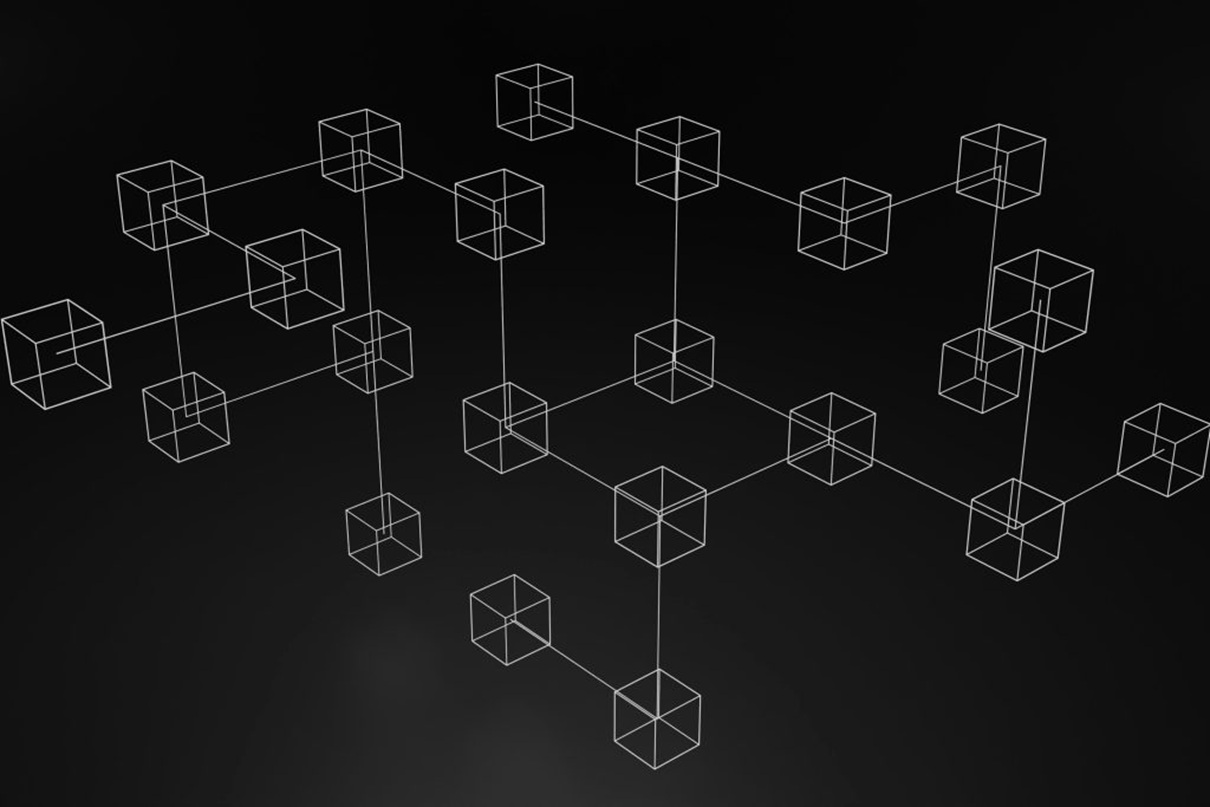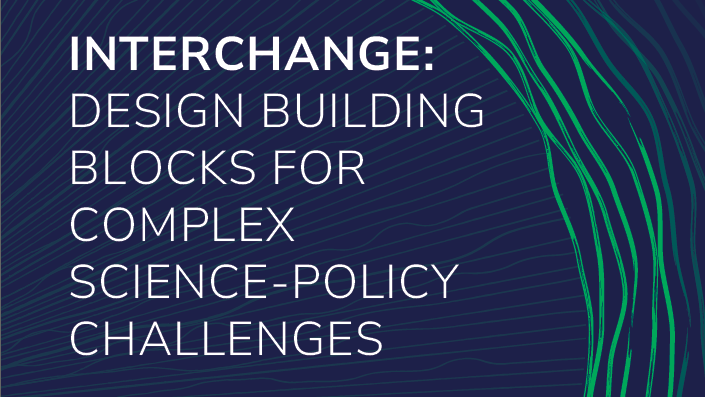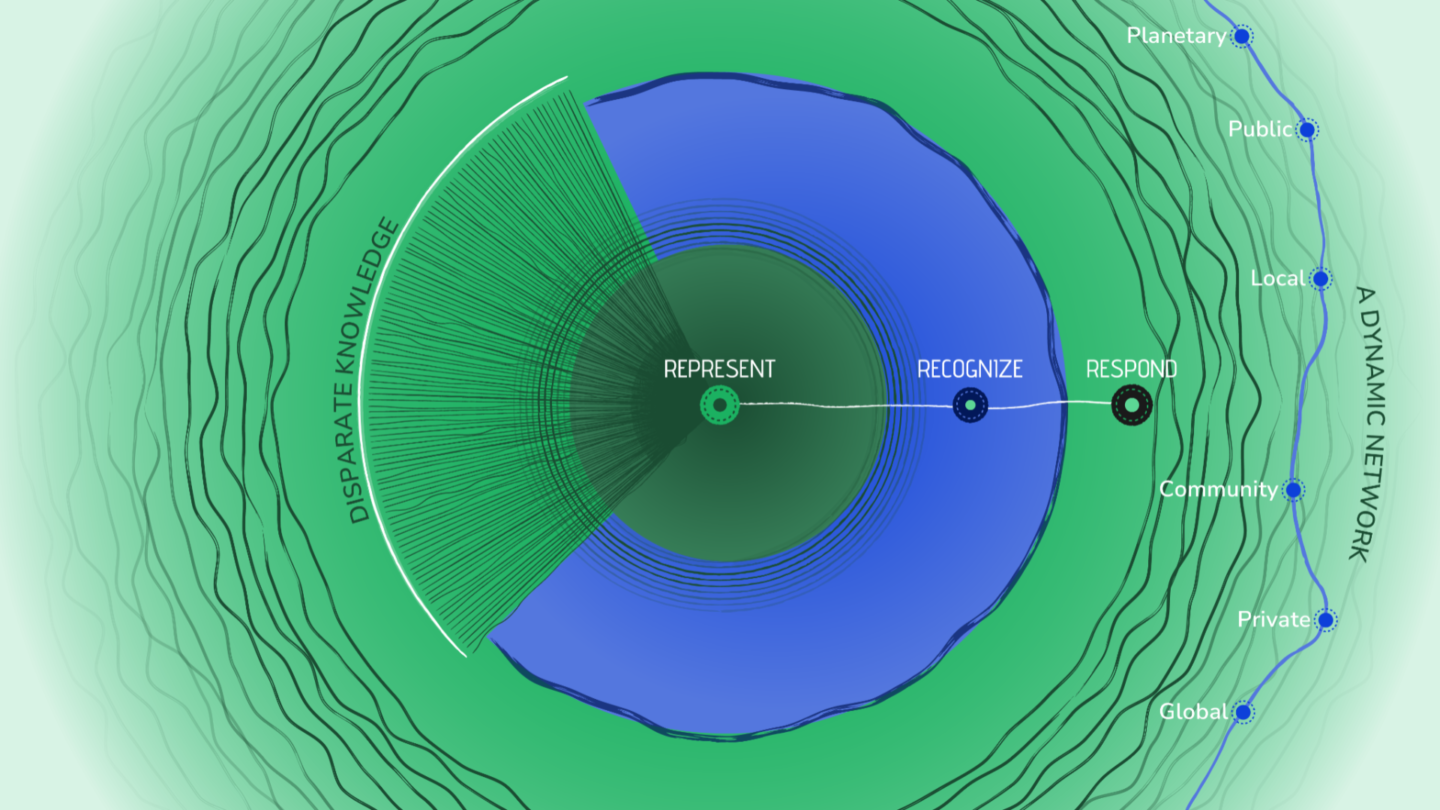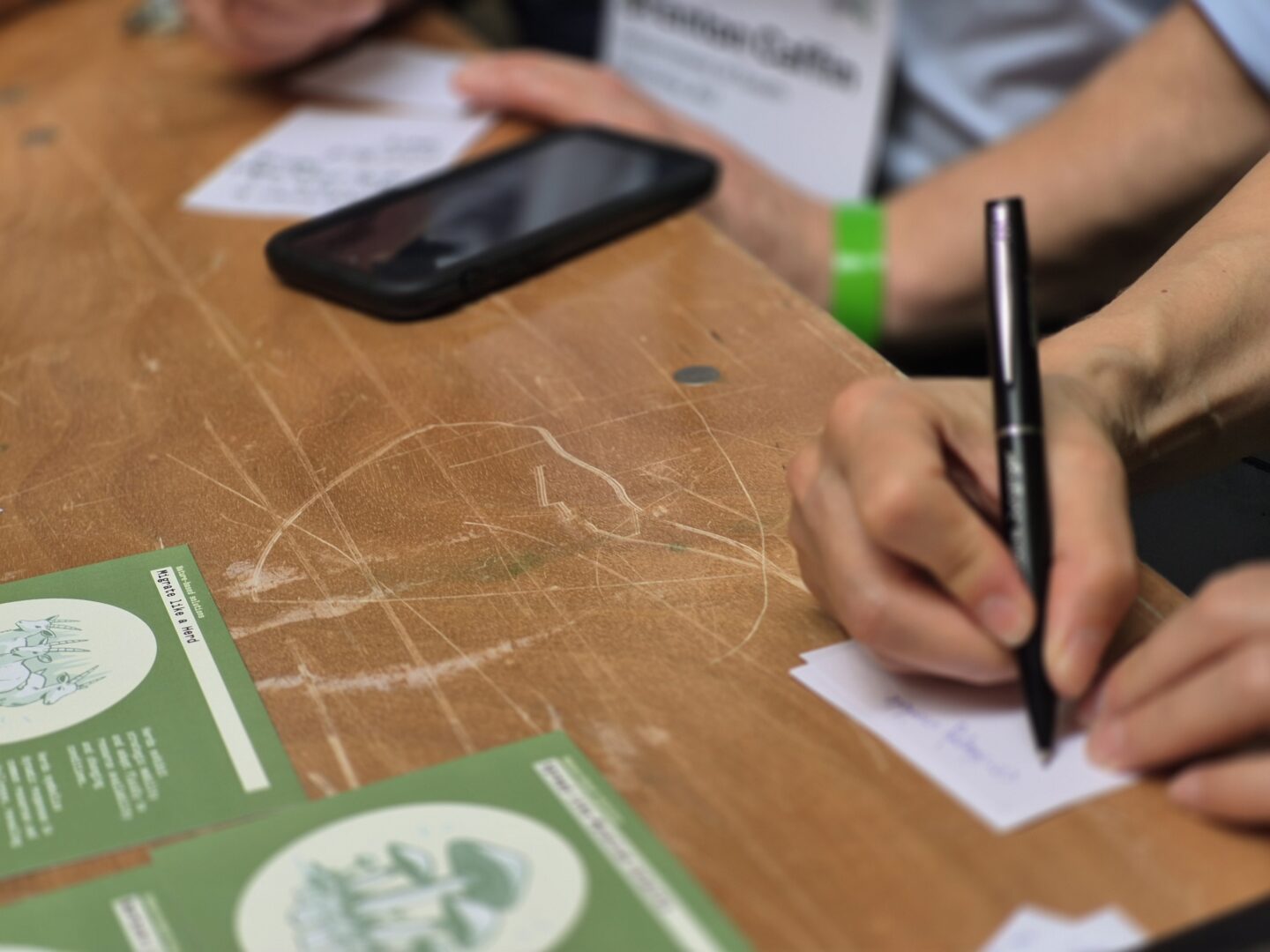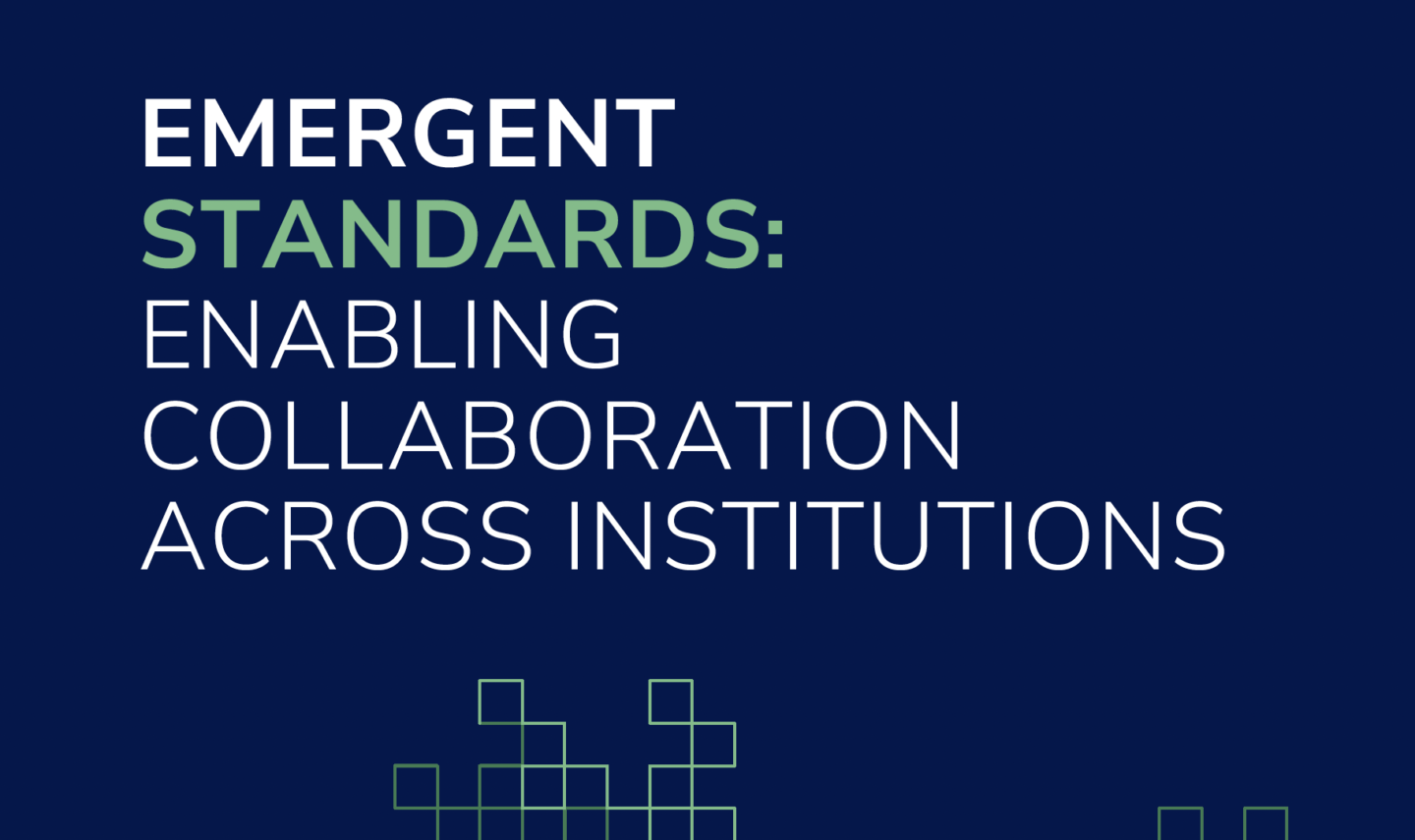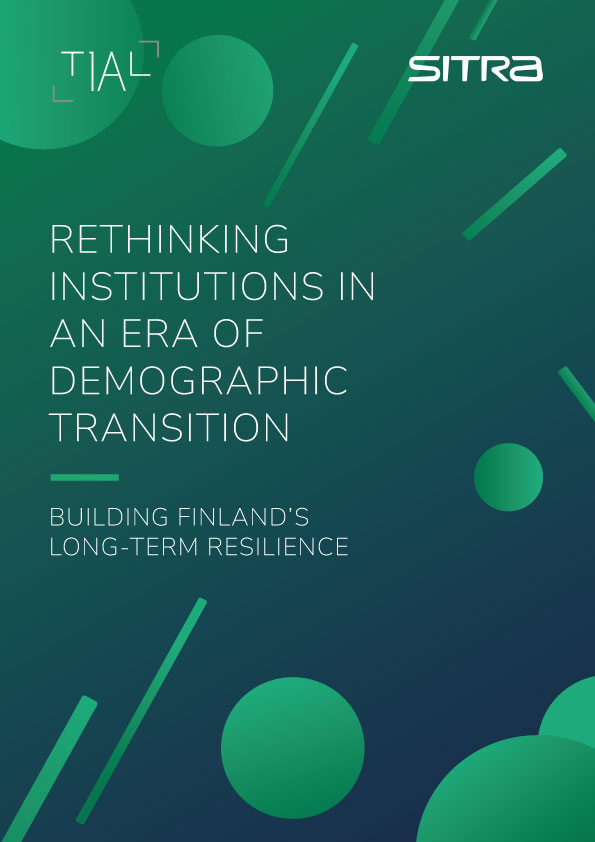As Istanbul Innovation Days (IID) 2025 invites us to rethink governance, participation, and the role of technology in a changing world, UNDP’s Alternative Finance Lab (AltFinLab), an initiative accelerating alternative & innovative finance for development, is exploring how blockchain can support more inclusive, transparent, and adaptive systems.
AltFinLab works across topics such as financial inclusion, public service delivery, digital identity, and climate resilience — leveraging decentralized technologies to help shift how people interact with institutions and economic systems.
Through initiatives such as the Blockchain Academy (in partnership with the Algorand Foundation), the SDG Blockchain Acceleration Program, and the UN Blockchain Community of Practice, AltFinLab is working to strengthen institutional capacity through peer learning, early-stage prototyping, and secure operational frameworks that enable UNDP to responsibly engage with digital assets and decentralized systems.
Governance: Driving transparency with blockchain
The crises of today demand governance models that are not just reactive but agile, collaborative, and intelligent.
In this context, blockchain offers practical tools to enhance transparency in decision-making, distribution in funding, and service delivery.
The Blockchain Academy, launched in partnership with the Algorand Foundation, is equipping UNDP and partners with the skills to design blockchain-powered solutions that can revolutionize how development programs are implemented and how public institutions work.
These efforts are part of a broader shift toward governance systems that are more participatory and better equipped to respond to complexity.
Supply chain management: From source to market with trust
Resilient and ethical supply chains are central to equitable economies, yet they remain fragmented and opaque.
Blockchain can strengthen supply chains by improving resilience, efficiency, and transparency – especially in agriculture – benefiting both producers and consumers.
For example, the future of food is about trust, and blockchain helps increase transparency, reduce inefficiencies and waste, enable farm-to-table traceability, and monitor deforestation and harmful practices.
In Mongolia, blockchain is already proving its potential to transform supply chains.
A UNDP pilot is using blockchain to track sustainably sourced cashmere from nomadic herders to global markets. By ensuring transparency and traceability, herders received fairer prices, while ensuring consumer trust through ethical sourcing practices.
Financial inclusion and digital payments: Banking the unbanked
For millions worldwide, access to secure financial services remains out of reach. Blockchain can change that.
AltFinLab is working to:
- Expand digital financial services to underserved populations
- Facilitate seamless cross-border transactions
- Provide low-cost, transparent digital payment solutions for humanitarian aid, remittances, and government cash transfers
Through a partnership with the Stellar Development Foundation, UNDP AltFinLab is exploring blockchain-powered digital payment solutions across 16 countries to drive financial inclusion, cross-border efficiency, and economic resilience.
By evaluating blockchain’s potential in specific markets, AltFinLab will actively engage governments, central banks, and ecosystem partners to accelerate adoption and scale successful pilot projects.
Financing the future: Innovative solutions for climate resilience
Tackling climate change demands bold financial solutions, through the Adaptation Innovation Marketplace (AIM), AltFinLab aims to support locally led solutions by offering funding, technical assistance, and strategic partnerships to scale grassroots climate adaptation projects.
Additionally, it explores alternative financial mechanisms, such as impact investing, climate risk insurance, and decentralized finance, to strengthen resilience in fragile and conflict-prone regions, ensuring sustainable recovery and long-term climate adaptation.
Digital identity: Unlocking access & opportunity
A secure and inclusive digital identity is essential for equitable access to services.
In partnership with the Secure Identity Alliance, UNDP supports developing nations in building and scaling digital identity systems, promoting open standards and interoperability for seamless digital ID solutions, and enhancing government services, voting systems, and personal identification access, ensuring that individuals have greater control over their identities
Furthermore, UNDP AltFinLab, through its flagship multiyear program Tadamon, is collaborating with the Cardano Foundation to develop an open-source self-sovereign digital identity framework that prioritizes security, privacy, and interoperability, with a primary focus on Tadamon’s key stakeholders – civil society organizations (CSOs).
The initiative includes the development of a mobile application designed to make digital identities accessible to individuals in diverse contexts, particularly those within CSOs’ impact groups, including populations with limited connectivity.
This innovative solution aims to empower CSOs by enabling them to operate more efficiently and transparently while enhancing their capacity to serve marginalized communities.
The future of development: Blockchain, AI, and IoT in action
In an unpredictable world, blockchain is driving institutional innovation.
At IID 2025, AltFinLab will showcase how this technology is reshaping governance, finance, and climate action, helping institutions adapt and thrive.
The future of development isn’t just digital, it’s decentralized, transparent, and built on trust, with blockchain leading the way.
Looking ahead, the true potential of blockchain emerges when combined with AI and IoT, three technologies revolutionizing governance, finance, and sustainability.
Blockchain ensures transparency, security, and decentralization, while IoT feeds real-time data and AI analyzes patterns, optimizes decision-making, and enhances automation.
By integrating these technologies, digital payments, and broader financial systems, become more secure, efficient, and accessible.
Together, blockchain, AI, and IoT are shaping a future where institutions are smarter, economies are more resilient, and development is truly transformative.
Written by:
- Ana M. Grijalva, Coordinator of Blockchain-Based Solutions for Digital Payments, UNDP
- Teodor Petricevic, UNIN Blockchain Community of Practice Coordinator, UNDP
- Burcu Mavis, Blockchain Academy Lead, UNDP
This case was researched as part of Istanbul Innovation Days 2025, the UNDP’s flagship event on public innovation, and first shared on the event’s official website. We are thankful to our colleagues at UNDP and Demos Helsinki whose contributions were essential for this case story to be told.
Photo credit: Shubham Dhage via Unsplash
White Paper #004: Interchange: Design building blocks for complex science-policy challenges
Project update: Building institutional architecture for governing climate tipping points
TIAL’s “Tipping Element Interchange” project focuses on developing new institutional architectures capable of recognising and…
Reimagining public institutions: reflections from Istanbul, Berlin, and Brasília
TIAL’s purpose is to highlight the role of institutions, and their underlying architecture, in creating…

